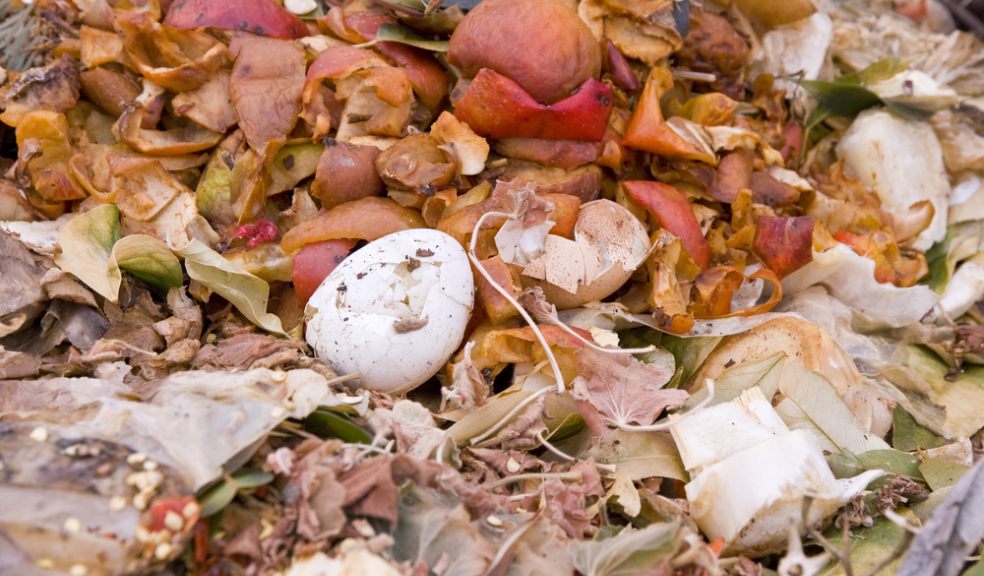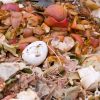
Time to think about your compost says the RHS
The Royal Horticultural Society (RHS) Advisory Service is encouraging gardeners to check their compost before winter. Lush growth this summer means there are now heaps of grass and hedge cuttings that, if prepared properly, could be made into useful garden compost.
“Autumn is the ideal time to check compost heaps,” says Guy Barter, RHS Chief Horticultural Advisor. “Some gardeners will have just dumped their grass cuttings in a corner, which potentially will now be a smelly, slimy pile. But if mixed with the straw-like material produced in gardens at the end of summer these cuttings can become a useful soil conditioner next year.”
This is also a good opportunity to turn over existing material in compost bins, swapping the inside material with the outside material before hedgehogs or snakes begin to hibernate. Both like compost bins because of the warmth the composting material produces, so care is needed to avoid disturbing them.
Gardeners can use either open heaps or closed compost bins. However, bins retain some warmth and moisture and therefore make better compost more quickly; but even an open heap (not enclosed in a bin) will compost eventually. Any of the compost bins on the market should produce compost as long as they exclude rain, retain some warmth, allow drainage and let in air.
Bins less than 1 cubic m (1.3 cubic yd) in size are much less effective than larger ones. An earth base is ideal as it allows drainage and access to soil organisms. If composting has to be carried out on a hard surface, then it is useful to add an initial spadeful of soil to the compost bin. Staff at all RHS Gardens will be happy to share with visitors the best way to get maximum benefits from garden green waste.
Compost-making information is available by searching 'Composting' on the home page of RHS Online www.rhs.org.uk













